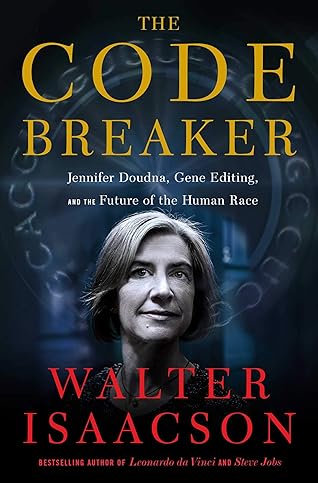More on this book
Community
Kindle Notes & Highlights
Read between
May 12 - August 8, 2023
“I’ve looked for opportunities where I can fill a niche where there aren’t too many other people with the same skill sets.”
In the years since she entered the Pasteur Institute in 1992, Charpentier had worked in ten institutions in seven cities in five countries. Her nomadic life reflected the fact, and reinforced the fact, that she resisted bonds. With no spouse or family, she sought out changing environments and adapted to them without any inhibiting personal ties. “I enjoy the freedom of being on my own, of not depending on partnership,” she says. She hated the phrase “work-life balance” because it implied that work competes with life. Her work in the lab and her “passion for science,” she says, brought her a
...more
“It’s important to know how to be an outsider,” Charpentier says. “You’re never completely at home, and that can drive you. It can challenge you not to seek being comfortable.”
Some academics feel that the Bayh-Dole Act cheats the public out of the proceeds from inventions funded with taxpayer money and distorts the way universities work. “Encouraged by a small number of patents that made huge sums, universities developed massive infrastructure to profit from their researchers,” argues Michael Eisen, Doudna’s colleague at Berkeley. He believes that the government should put all work funded by federal dollars into the public domain. “We all would benefit returning academic science to its roots in basic discovery oriented research. We see with CRISPR the toxic effects
...more
How do we distinguish between traits that are true disabilities and ones that are disabilities mainly because society is not good at adapting for them?
“You never know,” Myhrvold says, “when some obscure thing you’re studying is going to have important implications for human health.” As Doudna likes to put it, “Nature is beautiful that way.”
All of the scientists I write about in this book say that their main motivation is not money, or even glory, but the chance to unlock the mysteries of nature and use those discoveries to make the world a better place. I believe them. And I think that may be one of the most important legacies of the pandemic: reminding scientists of the nobility of their mission. So, too, might it imprint these values on a new generation of students who, as they contemplate their careers, may be more likely to pursue scientific research now that they have seen how exciting and important it can be.


